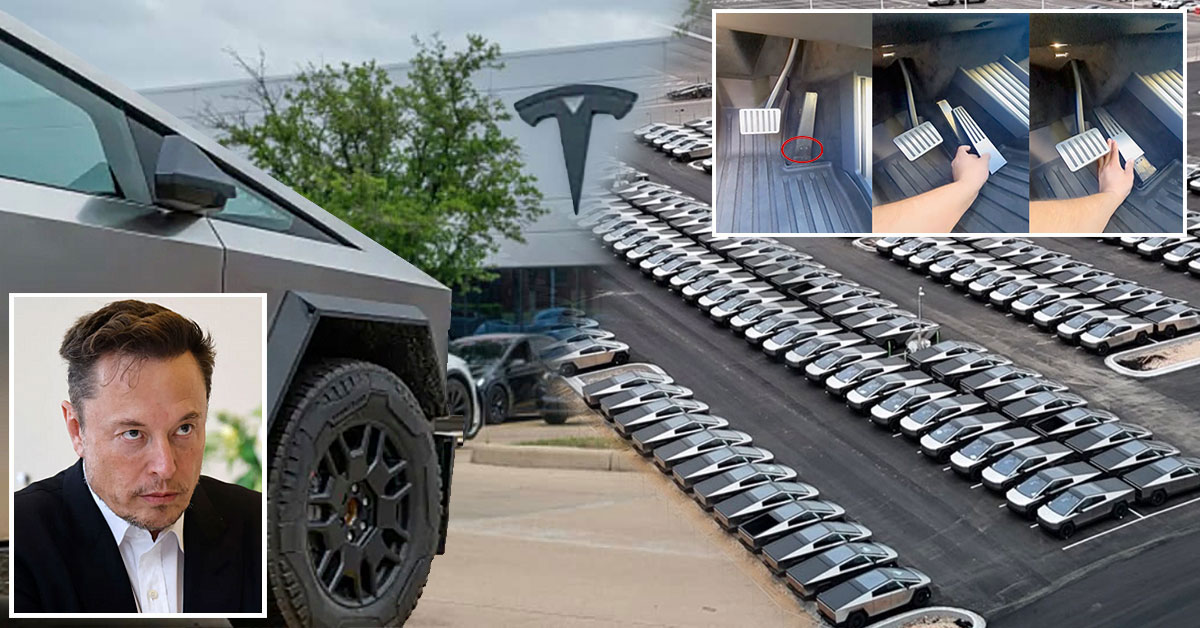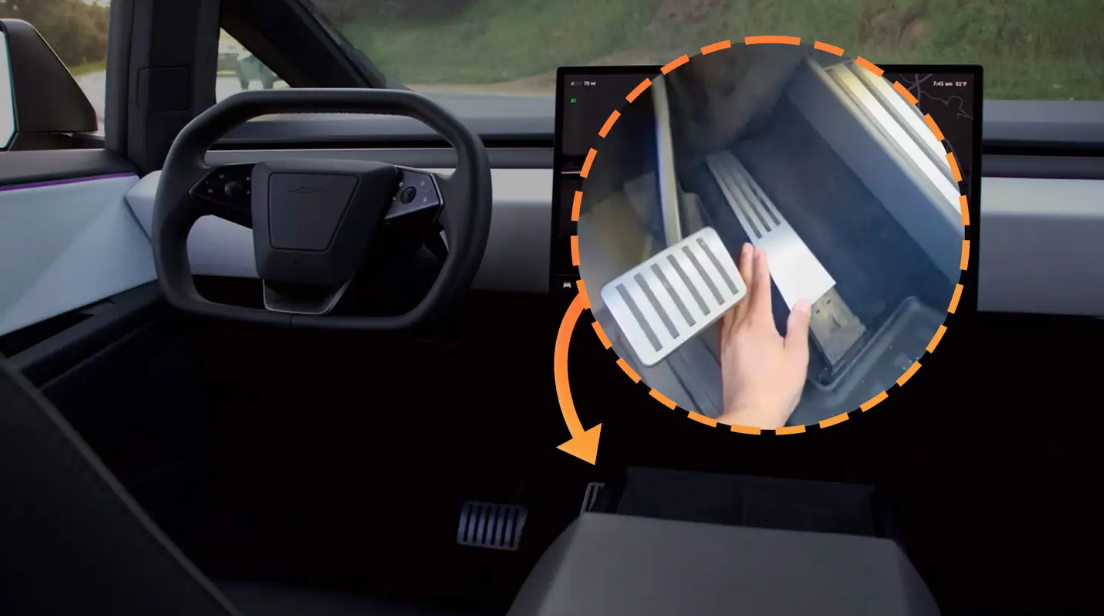Tesla is recalling thousands of Cybertrucks because of issues with the accelerator pedal that could cause it to “stick.”
![]()
After many years of delaying vehicle delivery, the Tesla Cybertruck electric pickup truck officially reached customers who pre-ordered it at the end of December 2023. Since then, the production line of this electric pickup truck has ensured the highest capacity to deliver the large number of pre-ordered vehicles, estimated at more than a million orders.

Tesla Cybertruck Electric Pickup
However, according to the Cybertruck Owners Club forum, many pre-order customers expressed surprise and annoyance when receiving a notice of cancellation of the vehicle delivery schedule due to “an unexpected delay”.
“Hi, we have just been notified of an unexpected delay regarding the preparation of your vehicle. We need to cancel tomorrow’s delivery appointment and we will contact you when we can reschedule.” – text message canceling vehicle delivery appointment

Most likely, the “unexpected delay” that the American electric car company wants to talk about is the fact that Tesla is recalling cars to fix the problem below.

Nearly 4,000 Tesla Cybertrucks Recalled Due to Stuck Accelerator Pedal
According to the announcement of the US National Highway Traffic Safety Administration (NHTSA), the cover on the accelerator pedal of the Cybertruck can detach and slide forward, causing the accelerator pedal to get caught in the floor wall.
A stuck accelerator pedal can cause the vehicle to accelerate unintentionally, increasing the risk of a crash. The Tesla Cybertruck recall includes 3,878 vehicles. Tesla will replace or repair the accelerator pedal assembly free of charge. Customers with affected vehicles will be notified in June.

Tesla began delivering its Cybertruck electric pickup truck late last year, after two years of delays due to production issues and battery supply constraints.
The US electric carmaker had three recalls in the first quarter of 2024, affecting about 2.4 million vehicles, according to a report from recall management company BizzyCar. However, most Tesla recall-related issues are typically resolved through over-the-air software updates.






